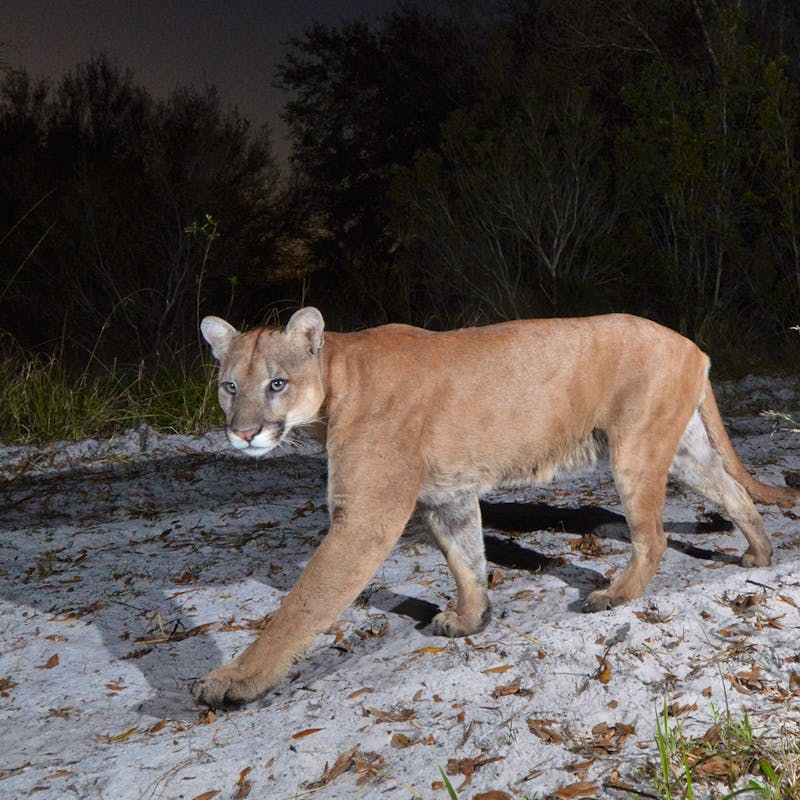Guest post by Nancy Gloman, vice president for Field Conservation at Defenders.
This week finds me visiting our Florida office, where I have come to see what preparations are being made to handle impacts to wildlife and wildlife habitats when oil from the Gulf disaster inevitably comes ashore.
My week began with a trip to the Humane Society to take safety training so that I, along with others, can participate in future cleanup activities. There were about 33 of us who took the four hour training, including coworkers Laurie MacDonald, Elizabeth Fleming and Shannon Miller, and representatives from the Florida Wildlife Commission, Natural Resources Conservation Service, wildlife rehabilitators and volunteers. The instructor ran us through safety and environmental hazards that we might encounter. We learned about control mechanisms to eliminate and mitigate hazards and the concept of “Stop the Job.” We were instructed to “stop the job” when we encountered conditions that were not expected or when we had any safety or environmental concerns.
The last portion of the training was a video, provided by BP, that began with the Challenger explosion and the concerns by an engineer at Morton Thiokol about the potential response of the O rings to cold weather. They kept reiterating the importance of reporting any concerns about safety. How ironic that BP was highlighting this, especially since the night before I had watched the “60 Minutes” episode where a BP worker had exposed the fact that BP knew of problems with the blowout preventer on the Deepwater Horizon rig but had opted to continue operations anyway. Had they “stopped the job” then, perhaps we could have avoided this disaster!
After the training, we went to the Save Our Seabirds facility in Sarasota, where we observed the rehabilitation center preparing for activity should they start seeing oiled birds. While at the site, we came upon a group of managers from 7-Eleven stores in the area. They were talking to Lee Fox, executive director of Save Our Seabirds, about what they could do to help. Their marketing manager, Terry Hutchinson, explained it was not possible to work directly with injured wildlife due to the training requirements. He challenged his managers to do three things: 1) fill in behind workers at the rehabilitation center as they are deployed to the oil spill site, 2) provide supplies, such as Dawn dishwashing liquid, batteries, paper towels, etc. for the cleanup effort through displays at their store; and, 3) accept $1 plus donations at their stores to help provide funding for wildlife cleanup efforts. We were impressed with Terry’s enthusiasm about doing the right thing.
We spent some time talking to Lee Fox about what to expect with rehabilitating injured wildlife. She reminded us that it is an extensive effort that requires a lot of training to avoid injury to both rehabilitators and the wildlife. She promised to meet Florida staff at a trailer that she has ‘ready to go” at her facility in Wimauma, Florida. More to come on that later as our staff go visit.
On our way back to the St. Petersburg Office, we stopped at a 7-Eleven for some cold drinks. Lo and behold, they had a display where they were collecting Dawn dishwashing liquid and other supplies for the oil spill. Defenders’ staff dutifully donated $1 each and got our names on a certificate that went on the wall. But the best part of it was the cashier, a self-proclaimed “red-necked woman,” who talked about how proud she was to support the oil spill wildlife rescue effort.
At the end of a long day, back in Defenders’ Florida office, staff caught up on dozens of emails, most of which were related to the oil spill. Word that the oil had entered the Loop Current was met with sighs and disappointment. Another day tomorrow….



